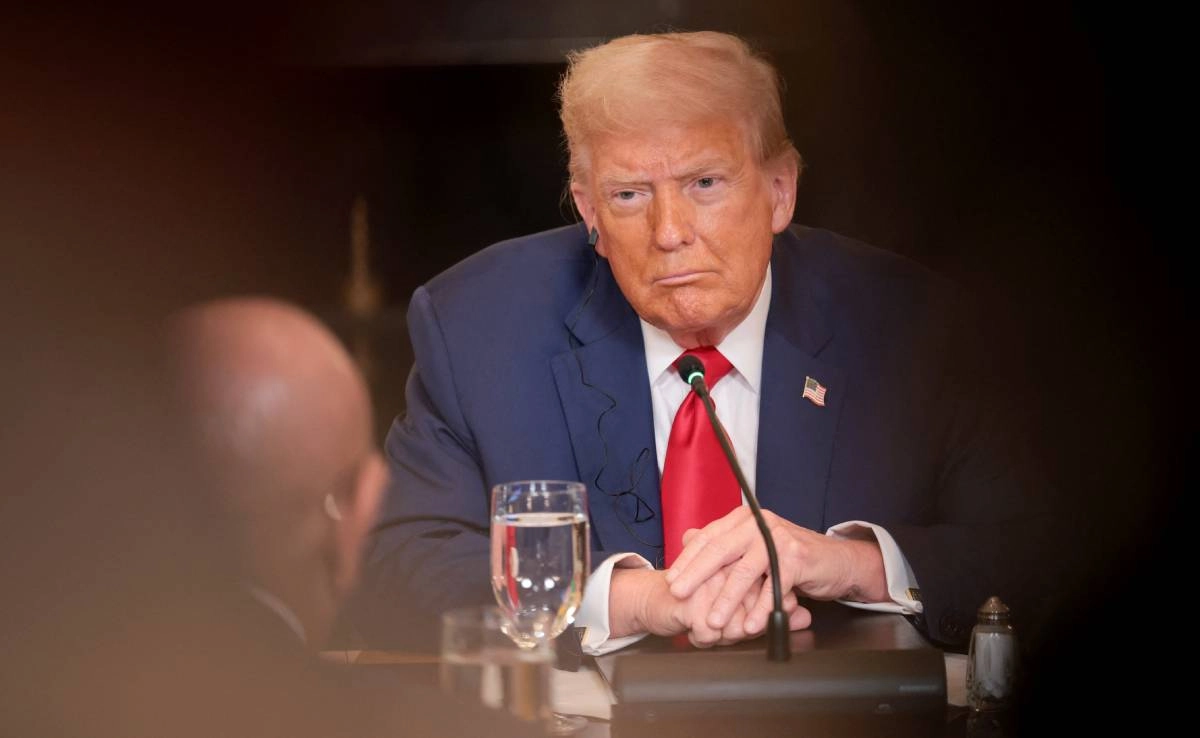Former President Donald Trump has recently expressed his dissatisfaction and frustration with a report published by The Wall Street Journal (WSJ), which he has labeled as “fake news.” The article in question discusses a letter that Trump allegedly sent to Jeffrey Epstein, the convicted sex offender and financier whose connections to high-profile individuals have long been scrutinized. Trump vehemently denies the claims made in the report, asserting that it misrepresents his actions and intentions. In response, he has hinted at the possibility of legal action against the WSJ, indicating that he views the publication’s portrayal of him as not only damaging to his reputation but also fundamentally inaccurate.
In his statement, Trump emphasized the need for accountability in journalism, arguing that misleading reports can have serious repercussions for individuals’ lives and careers. He believes that the WSJ’s reporting is part of a broader trend of misinformation that seeks to undermine his credibility and political ambitions. The former president’s threat to sue underscores his ongoing battle with the media, a conflict that has characterized much of his public life. Trump’s tenure in office was marked by frequent clashes with journalists and media outlets, particularly those he deemed hostile or biased against him.
The implications of Trump’s potential lawsuit extend beyond his personal grievances; they also raise questions about the role of the press in holding powerful figures accountable. While Trump maintains that he is a victim of unfair reporting, critics argue that his aggressive stance towards the media may stifle free speech and discourage journalistic investigations into public figures. As the situation unfolds, it will be interesting to see how this legal threat affects Trump’s relationship with the media and whether it prompts a broader conversation about journalistic integrity and the responsibilities of both the press and public figures in an increasingly polarized political landscape.




